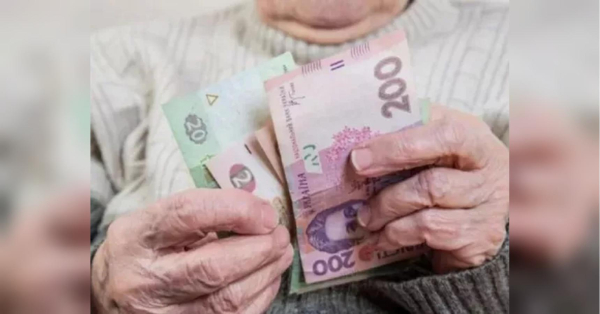
CAIRO — BBC staff in Cairo on Wednesday concluded their three-day strike for equal pay with colleagues across the Middle East but threatened future collective action if their demands are not met.
During a news conference outside the BBC’s office in Cairo, Khaled el-Balshy, the spokesperson for the strikers and the head of Egypt’s journalism union, reiterated the employees' demand for salaries paid in U.S. dollars or a significant pay rise in the local currency.
The three-day strike began Monday and included 75 staff members from the BBC Cairo office who said they were seeking the same pay conditions as other BBC employees in the region, including in Beirut and Istanbul.
El-Balshy said the disparity amounted “to clear discrimination.” As he spoke, dozens of Cairo staff members stood behind him carrying posters with the words “double standards” written on them.
“This (discrepancy) appears in different shapes, either in the paying of salaries here and in Beirut, or in how they deal with a similar crisis that happened in Turkey,” the union leader said.
Egypt is in the midst of spiraling economic crises, with soaring inflation and a depreciating currency. Over the last 12 months, the Egyptian pound has lost over 50% of its value against the dollar, with annual inflation reaching 36.8% in June, up from 33.7% recorded in May.
In a statement, the BBC’s headquarters in London said it had planned on “increasing salaries by 27% between March and July” to mitigate inflation and was continuing to engage with the Cairo staff) “to find a resolution whilst acting within our market pay policy, which is applied consistently.”
El-Balshy said, a 27% pay rise was inadequate given Egypt’s economic situation. He said that staff from the BBC's Beirut office are paid in dollars, while the broadcasting company's employees in Turkey won a large pay increase after a strike in 2022.
Both Turkey and Lebanon have been rocked by economic turmoil in recent years.
Egypt's economy is reeling from years of government austerity measures, the coronavirus pandemic and fallout from the Ukraine war. The North African nation is a top wheat importer from Russia and Ukraine.
“We are standing in front of (further) legal escalation. We will contact different parties and will raise up our voice,” el-Balshey said. He did not specify which parties or whether future escalation would amount to another strike
Sourse: abcnews.go.com






